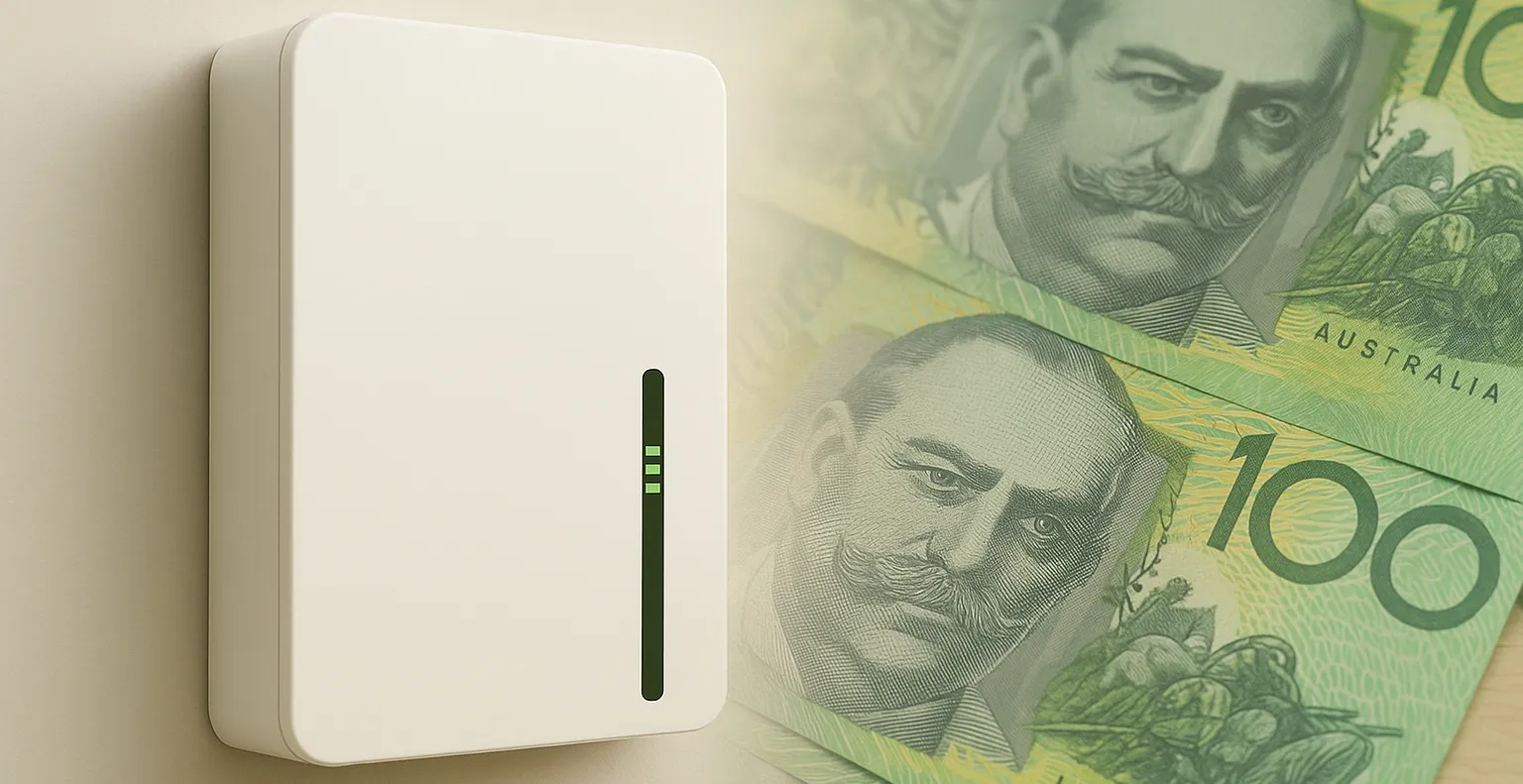A monumental shift is underway that promises to redefine the economics of electric vehicles (EVs). At the heart of this transformation lies the battery, a component so crucial that it has long dictated the cost and accessibility of EVs. However, recent developments suggest we are on the cusp of a change that could democratize electric mobility, thanks to a fierce battery price war led by industry giants.
China's China's Contemporary Amperex Technology Co. Limited (CATL), the world's leading battery manufacturer for electric vehicles, has thrown down the gauntlet with a bold proclamation: a reduction in battery costs by up to 50% within the year. This declaration has ignited a competitive blaze with BYD's subsidiary, FinDreams Battery, signaling a broader industry trend towards more affordable energy storage solutions. This competition emerges against a backdrop of an electric vehicle market that, despite a surge in 2022, has faced challenges aligning supply with demand, prompting a strategic pivot towards cost reduction.
The implications of such significant price cuts extend beyond mere corporate rivalry; they represent a leap forward in battery technology and accessibility. Historically, the high cost of EV batteries, particularly those requiring cobalt, an expensive and ethically problematic metal, has been a significant barrier to widespread adoption. However, innovations by companies like CATL and BYD in developing cobalt-free batteries signal not only a move towards more ethical production but also a potential decrease in costs.
Moreover, the embrace of economies of scale and the diversification of lithium sources play pivotal roles in this cost-reduction narrative. As the industry scales, the cost per unit diminishes, a principle that is now being applied to battery production with transformative potential. This is further bolstered by increased lithium supply, which, despite historical price volatility, is beginning to stabilize, contributing to a more predictable and declining cost trajectory for batteries.
The variety of batteries available in the market is expanding, with Chinese manufacturers specializing in lithium iron phosphate (LFP) batteries, known for their affordability and safety. Meanwhile, global industry leaders like Tesla and Toyota are exploring alternative chemistries and solid-state technologies, respectively, to push the boundaries of energy density and safety.
The competition among various battery chemistries is indicative of a broader trend in the electric vehicle industry: a move towards diversification and specialization. Different applications, from urban commuting to long-haul trucking and even aviation, require tailored energy solutions. The pursuit of higher energy densities, faster charging times, and longer lifespans is driving innovation across the board, from lithium-based batteries to emerging technologies like sodium-ion and iron-air.
In summary, the ongoing battery price war and concurrent technological advancements herald a new era for electric vehicles. As batteries become cheaper and more efficient, the dream of affordable and sustainable electric mobility draws closer to reality. The road ahead is charged with potential, promising not only a reduction in transportation-related carbon emissions but also a democratization of clean, efficient, and accessible mobility solutions for all.
Source: The Conversation - A battery price war is kicking off that could soon make electric cars cheaper. Here’s how
